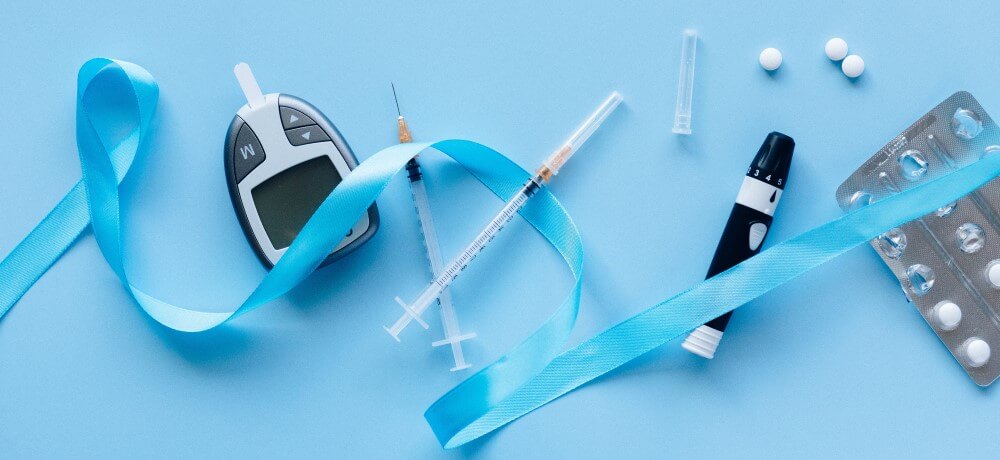The Impacts of Diabetes and Healthcare Actions

Diabetes expenses, people with the disease, their families, and healthcare systems are a great deal. The costs include medical care like hospital stays, doctor visits, prescription drugs, and consumables for managing diabetes, such as insulin and glucometers. People may find controlling diabetes financially hard, which lowers their quality of life in general. Diabetes also has a cost that includes higher medical bills and worse economic growth. It may take broad approaches of prevention, effective management, and effective medicines like https://pharmaserve.com/pharmacy_drugs/rybelsus-semaglutide/ for those impacted to reduce their burden of diabetes.
Effects on Routine Tasks
Different routines and behaviors in daily life are a part of managing diabetes. Many times a day, patients are required to check their blood glucose levels by glucose monitors. They have to follow a certain diet schedule, which frequently calls for careful preparation of meals. To prevent poor health, regular physical activity also be tempered with meal intake and insulin delivery. These everyday management tasks may take time, but they could get in the way of social and professional pursuits. With the right preparations and help, people may manage their illness and have busy, satisfying lives.
Changing Your Lifestyle
People’s lifestyle is essential to managing diabetes. A wholesome diet, frequent exercise, and weight maintenance are examples of healthy lifestyle choices. Sugars and processed foods should be avoided in a diet. The food may include fruits, vegetables, grains, less proteins, and healthy fats. Constant exercises of cycling or walking can raise insulin sensitivity and reduce blood sugar. People with type 2 diabetes should focus particularly on managing their weight because being heavy weight might make insulin resistance worse. Lifestyle changes can help to control blood sugar, and also improve general health and well-being.
Managing Diet
For those with diabetes, regulating blood glucose levels and avoiding problems depending on proper food control are essential steps to take in their life. Balanced meals, and foods with a low index, which raise blood sugar levels more slowly are needed in friendly diets. The important dietary suggestion is to eat a lot of fruits and vegetables. Choosing lean protein sources like fish, chicken, and lentils can help treat diabetes. To fit in healthy fats like olive oil, nuts, and seeds are also the right choice. Developing a customized meal plan that satisfies nutritional requirements in diabetes management is possible by working with a qualified dietitian.
Physical Activities
Through increased insulin sensitivity and blood glucose, regular physical activity is important in treating diabetes. It also improves general health and weight control. It may be the right choice for those with diabetes to do exercises two or more days a week. Brisk walking, swimming, or cycling are easy exercises. Training plans can be customized to the individual’s health. It is possible to avoid worse health and efficient physical activity by checking blood glucose levels both before and after exercise.
Calorie Control
Improving general health outcomes and controlling type 2 diabetes requires maintaining a healthy weight. Losing weight helps to lower blood sugar, improve insulin sensitivity, and lessen prescription drug use. It works well to combine food modifications, consistent exercise, and behavioral techniques to lose and keep the same weight. Modest weight loss targets can have a big impact on health. The direction and drive required to reach and maintain a healthy weight can come from support from dietitians, doctors, and weight control programs.
Participating actively in one’s care, such as monitoring blood sugar levels, eating a balanced diet, exercising regularly, and following recommended common medicines from pharmaserve.com, is known as self-management. Better health outcomes and quality of life result from empowering people through education and self-management assistance.

